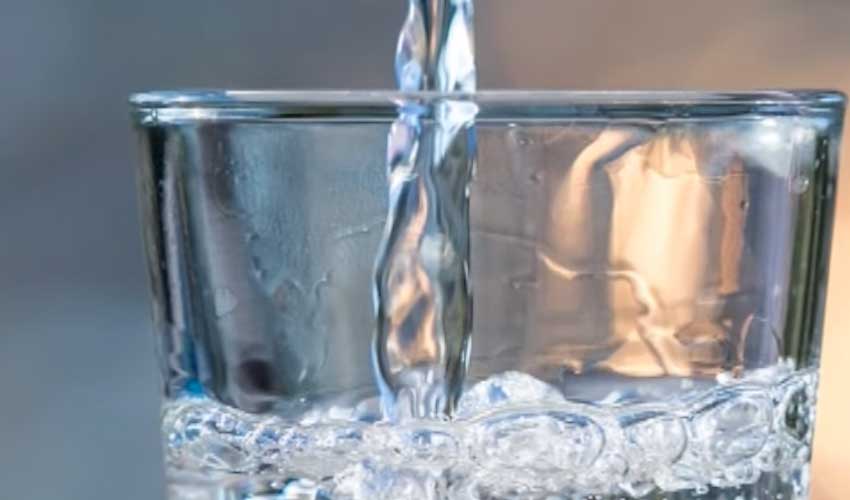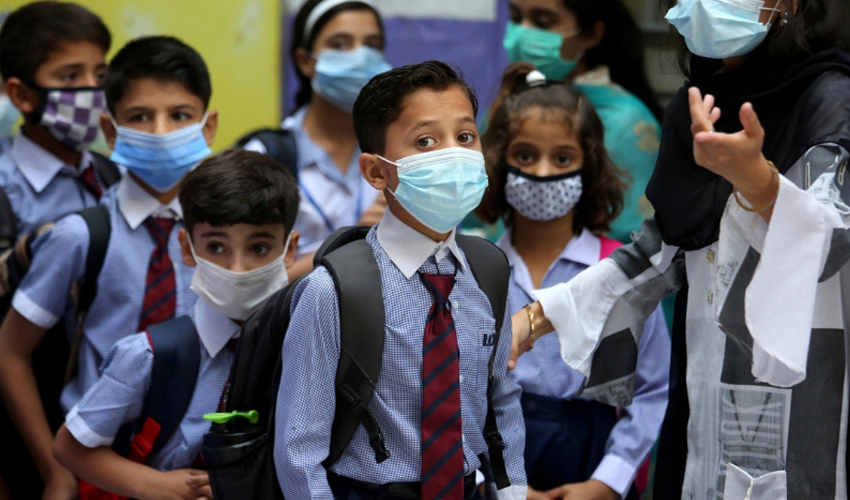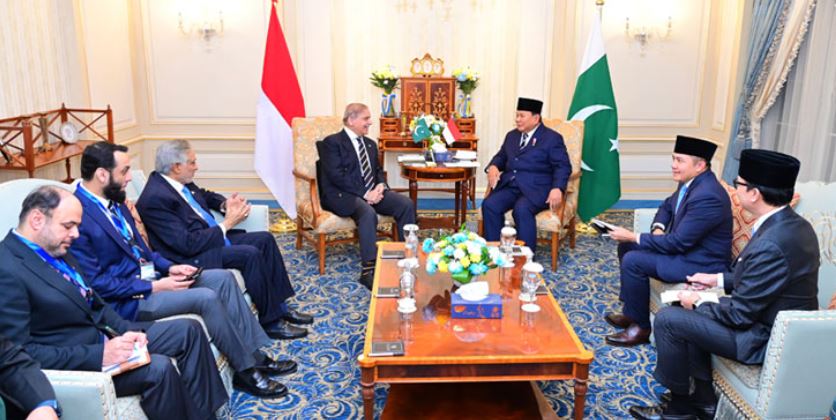Pakistan, gifted with diverse natural landscapes ranging from mountains and rivers to forests, deserts, and seas, is making strides in the agricultural sector, particularly in aquaculture.
This initiative, a part of the Special Investment Facilitation Council (SIFC)'s efforts through the Green Pakistan Initiative (GPI), aims to enhance food production both on land and underwater.
Aquaculture has emerged as a significant contributor to Pakistan's economy, focusing on the cultivation of aquatic creatures in the country's rivers and seas.
Recently, the SIFC has initiated public-private partnerships to develop shrimp farms, engaging companies like Rawah Group and Al-Karam Group in these efforts.
Contracts with Rawah Group and Al-Karam Group mark the beginning of extensive shrimp farming projects. The Al-Karam Group has established 60 ponds, while the Rawah Group has developed 100 ponds in Thatta district, Sindh.
These ventures highlight the potential for aquaculture to not only support economic growth but also contribute to environmental sustainability.
Shrimp, rich in protein, vitamins, minerals, and omega-3 fatty acids, are essential for maintaining good health.
The expansion of shrimp farming is expected to benefit the economy by enhancing international trade and generating foreign exchange, also to drastically reduce environmental pollution by controlling greenhouse gas emissions by up to 50%.
The global demand for shrimp farming continues to rise, positioning Pakistan as a key player in the international aquaculture market.



























